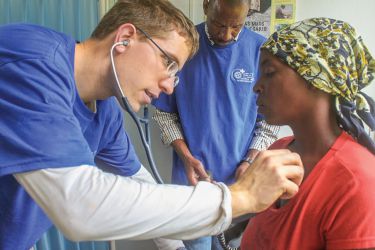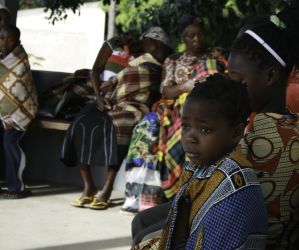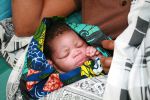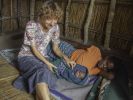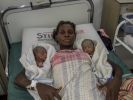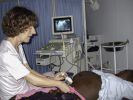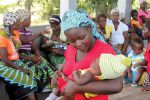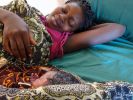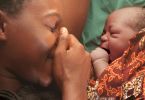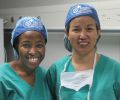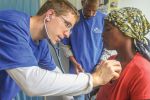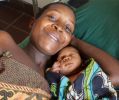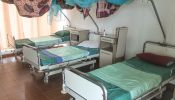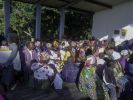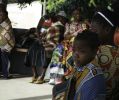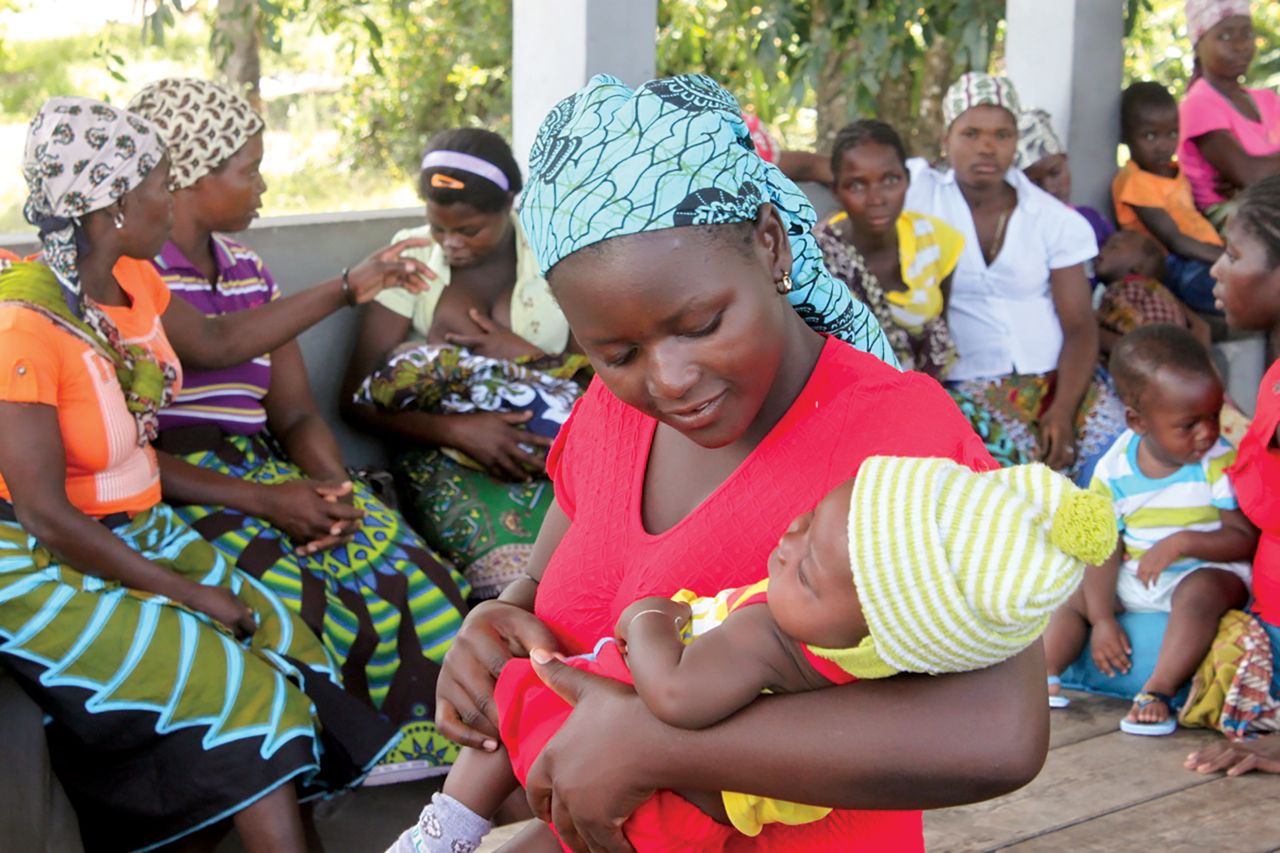The Medical Mission International sponsored clinic in Zavora, a small coastal town in Mozambique, offers twenty-four-hour emergency care, general medical and maternity services to the poor and needy families living near this geographically remote place.
According to Doug Kendrick, MMI Programme Director, the clinic was officially inaugurated in 2009. MMI provided the initial funding for the construction of the maternity ward and continues to support monthly operations, allowing the clinic to provide its medical services free of charge. In addition, MMI, has dispatched cargo shipments of medical disposables, supplies and pharmaceuticals for doctors and medical staff to use and dispense at the clinic.
Patients report travelling up to fifty miles to get to the clinic to receive care. People who travel on foot, often walk for more than one day. Other people use bicycles, animals or local transport like small busses or taxis, called “chappas.” Pregnant women also walk long distances to the clinic, up to two or three hours, many while having contractions. Not every expecting mother reaches the clinic in time, and some babies are born next to the road. Doctors are dispatched to the site of the birth once word reaches medical staff. The team also makes trips into the “bush” at various times to assist women who are unable to travel to the clinic. Prior to the opening of the clinic, most women in the area gave birth without medical assistance.
Maternity services at the clinic include pre-natal care and examination, post-natal care, deliveries and patient recovery.
The clinic also offers basic health care services including treating malaria and other illnesses and disease, dispensing medications, providing vaccinations, optometry services and basic dental hygiene and care.
Many patients also come to the clinic in need of wound care, both burns and cuts, according to medical staff. A “katana,” the large knife used by locals to cut things like coconuts, is a common cause of gashes in the legs, hands and feet. Parents also bring babies and young children in for burn treatment. Because families cook outside over open fires, at floor level, burns are very common. Children play and crawl in the area near the fire as their mothers prepare food. In some cases children stand too close to the fire and clothing ignites. Doctors also treat burns and scalds from boiling food or water. “Some days, I just can’t take it because it hurts me so much to look at them and dress their wounds…but they are unspeakably brave,” said one staff physician about the children.
The villagers living in the coastal region near the clinic survive by fishing or farming small crops. The local population is chronically food-insecure, as crops often suffer from extreme climate conditions, like drought. Malnutrition in children under the age of five years old remains alarmingly high. The infant mortality rate in Mozambique is also among the highest in the world and the average life expectancy is among the lowest. These statistics are reflected in Mozambique’s young population, of which almost three quarters of the population is under the age of thirty.
The Mozambique clinic also provides hope to some local families by offering jobs, including cleaning staff, gardeners, cooks, translators, a midwife, a nurse and medical assistants.
“Medical Mission International is grateful for the opportunity to reach out, make an impact and provide care for vulnerable children, mothers and impoverished families in places like Zavora,” said Kendrick.
